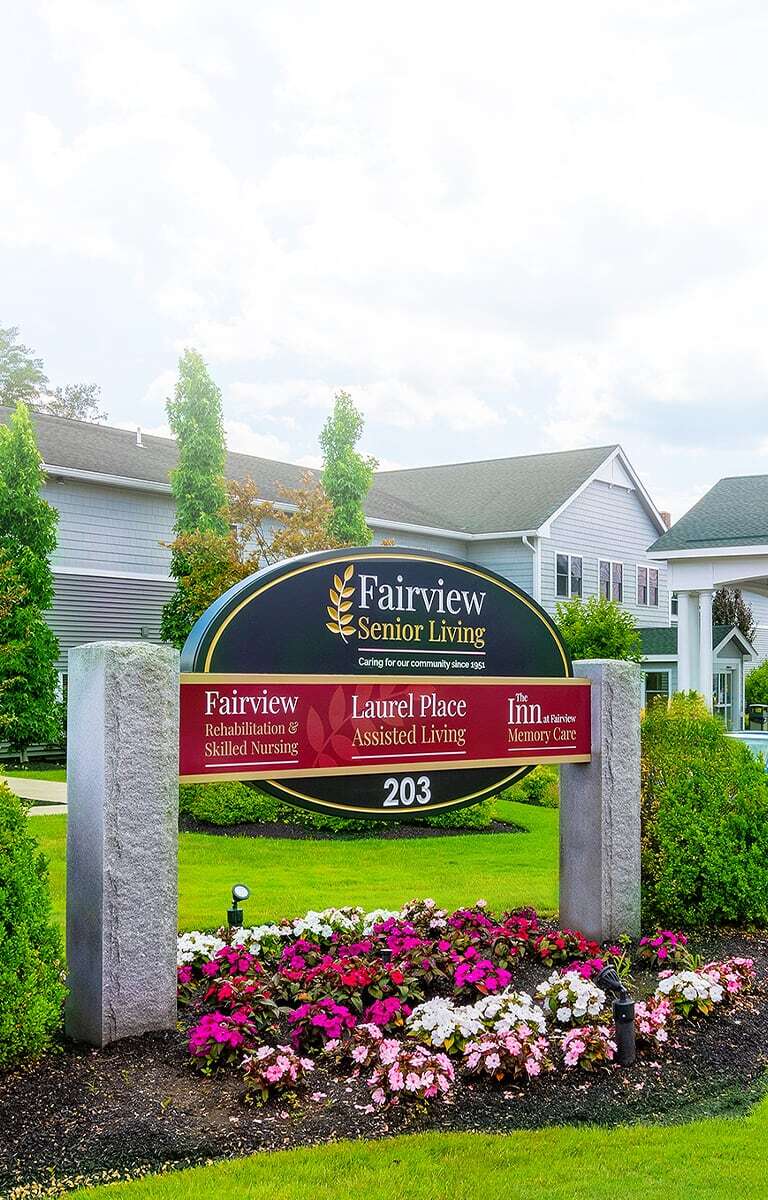According to the National Council on Aging, senior hunger and nutrition are significant issues in the U.S., with more than 10 million older Americans at risk of hunger and about 10% of adults experiencing malnutrition. Malnourishment in older adults can lead to a variety of serious health concerns, including a weakened immune system, poor wound healing, weakness which can lead to falls, an increased risk of both hospitalization, and even death.
As a family member or a caregiver of a senior adult, you can learn the risks and warning signs of poor nutrition and how to promote a nutritious diet. Malnourishment may seem as straightforward and simple as just not eating enough. However, there are a variety of reasons that can contribute to a senior not getting adequate nourishment.
Seniors may experience decreased appetite, weight loss, decreased mobility, and limited access to healthy food, among other challenges. They may not be able to absorb nutrients as quickly as they used to or have difficulty swallowing, dementia, or changes in taste. With age it may become increasingly harder to shop or cook for oneself, which can impact the nutrients and fresh foods that are so important to staying healthy. Another cause of malnutrition among seniors is poverty. According to Feeding America, 5.3 million seniors aged 60 and older, or 7.3% of the senior population, are food insecure, meaning they lack adequate access to food. Too many seniors on a fixed income are forced to make difficult choices between paying for food, rent, heat, medical costs, and other basic expenses.
The most obvious indication that your elderly loved one is suffering from lack of nutrition is weight loss, but other signs are subtle. According to The Mayo Clinic, some of the signs that may indicate a cause for concern include:
- Sudden loss or decrease in appetite
- Eating less than 75% of a meal for more than a week
- Unexplained weight loss of more than 10 pounds
- A decrease in activity level
- Uncharacteristic depression, anger or irritability
- More tiredness, lethargy or sleepiness than normal
Registered Dietitian and nutrition expert at Fairview Senior Living, Missy Pinard, RD, LDN, shares a few practical dietary tips that can help:
- Spend mealtimes together at home or during mealtime in a hospital or care facility when possible to observe eating habits
- Drop by during mealtime or invite the older adult to your home for occasional meals. Go out to eat at a restaurant with senior discounts. Encourage participation in social programs where members of the community can eat together.
- Help plan healthy, budget-friendly meals and shop together.
- Prepare portioned meals for your loved one ahead of time that they can keep in their refrigerator or freezer and pull out easily.
- Monitor weight for changes. Help the older adult check his or her weight at home. Keep a weekly record. If this is not possible, take note in changes in how clothing fits; this can also indicate weight loss.
- Keep a record of all medications. Be familiar with the reason for each medication, the dosages, treatment schedules and possible side effects such as changes in appetite.
- Seek out local community agencies that provide at-home meal deliveries, in-home visits from nurses or dietitians, access to a food pantry, or other nutrition services. The local Area Agency on Aging can provide information about these services.
- Encourage physical activity. Even very moderate activity can stimulate the appetite.
- Changing from lower fat to full fat versions of milk, yogurt and cheese, and adding these calorie-dense foods to recipes.
- Increasing energy and protein content by adding dried, skimmed milk powder to fortify whole milk. This fortified milk can be used for sauces, soups, cereal and in drinks.
- Encouraging higher energy fluids such as milky drinks, fruit smoothies and milkshakes.
- Using high energy snacks between meals to increase energy intake including nuts, dried fruit, cheese or hummus.
A registered dietitian in your community and your senior’s healthcare provider can help answer questions and address concerns you may have.
Ways your healthcare provider can help:
- Regularly monitoring of weight and screening for malnutrition
- Assessing for medical conditions that may be affecting weight loss or nutritional status
- Treating underlying conditions causing malnutrition
- Changing a restricted diet for diabetes or other medical conditions
- Recommending an appropriate daily calorie intake
- Recommending vitamin and mineral supplements
- Changing prescription medications
Malnutrition can become serious quickly. Be prepared by making sure to know the signs to look out for and how to help your older adult avoid the dangers associated with poor nutrition.




